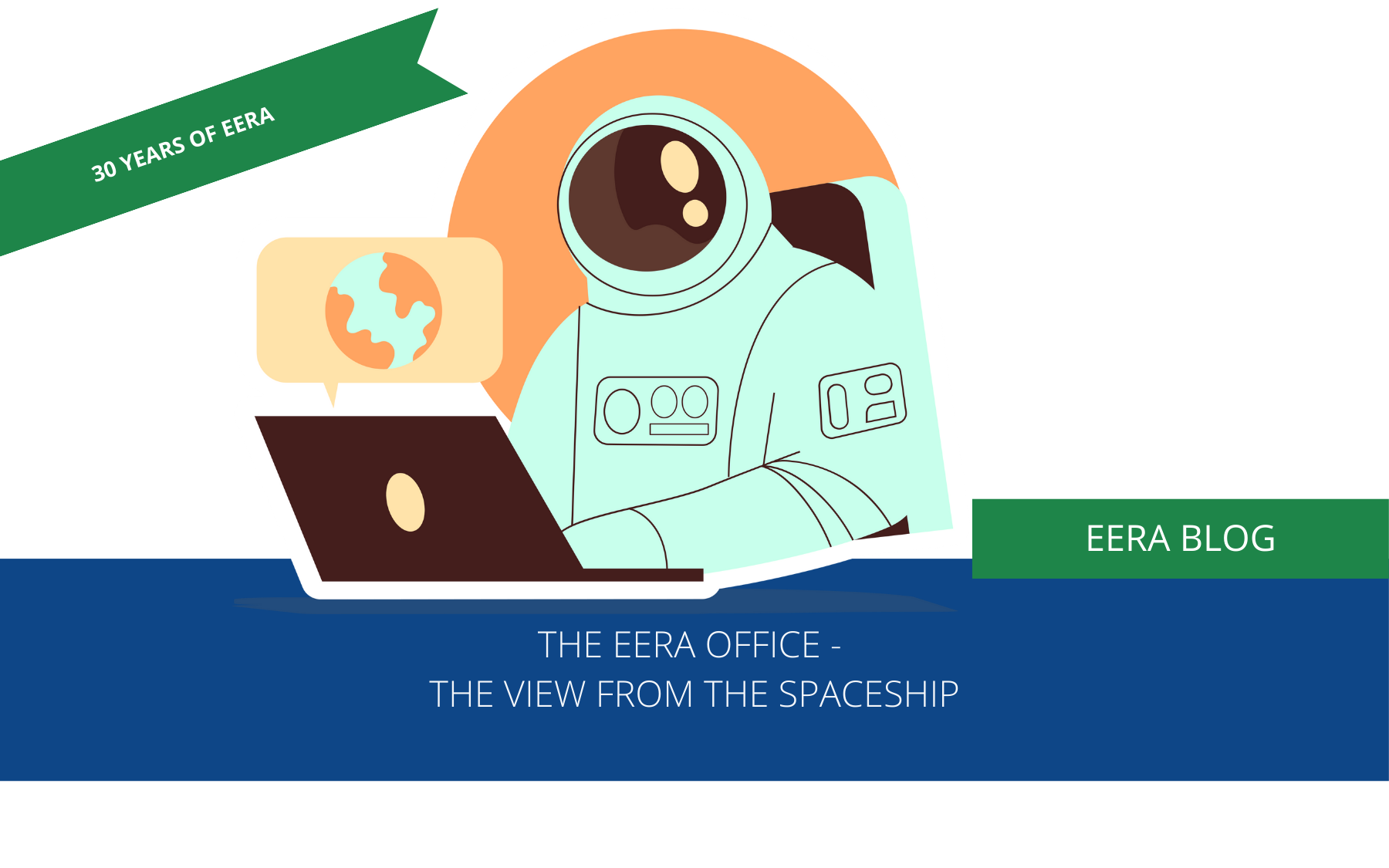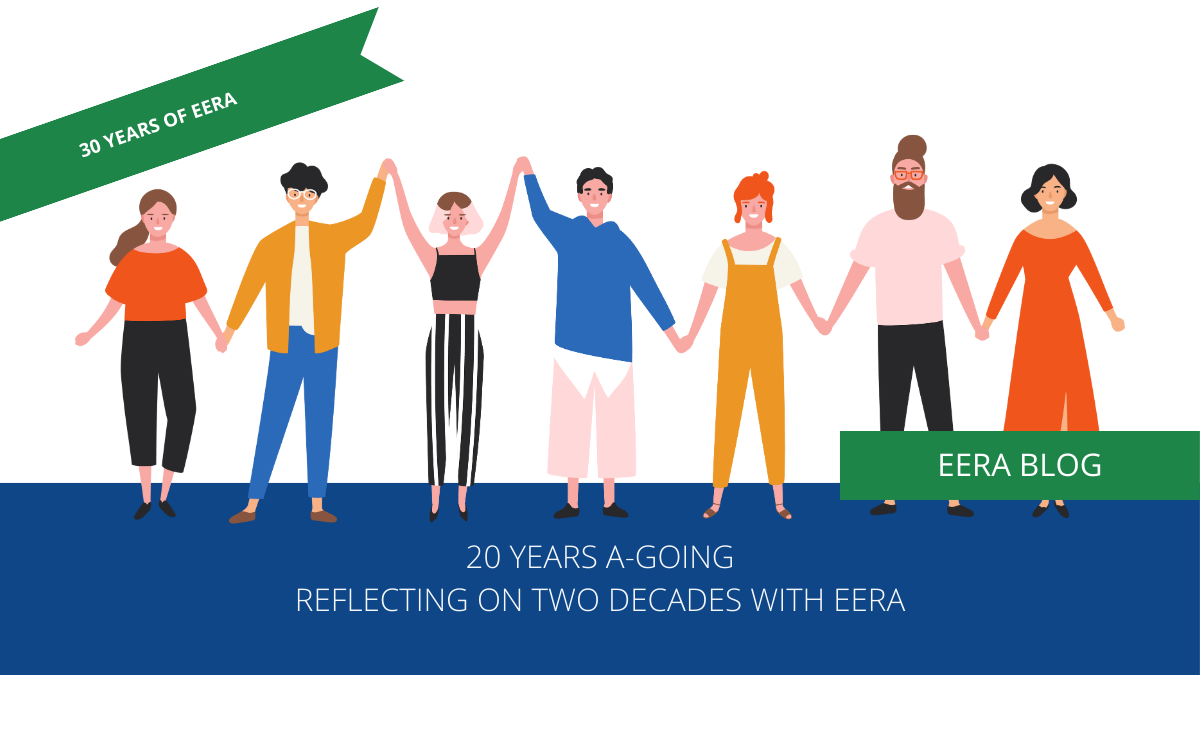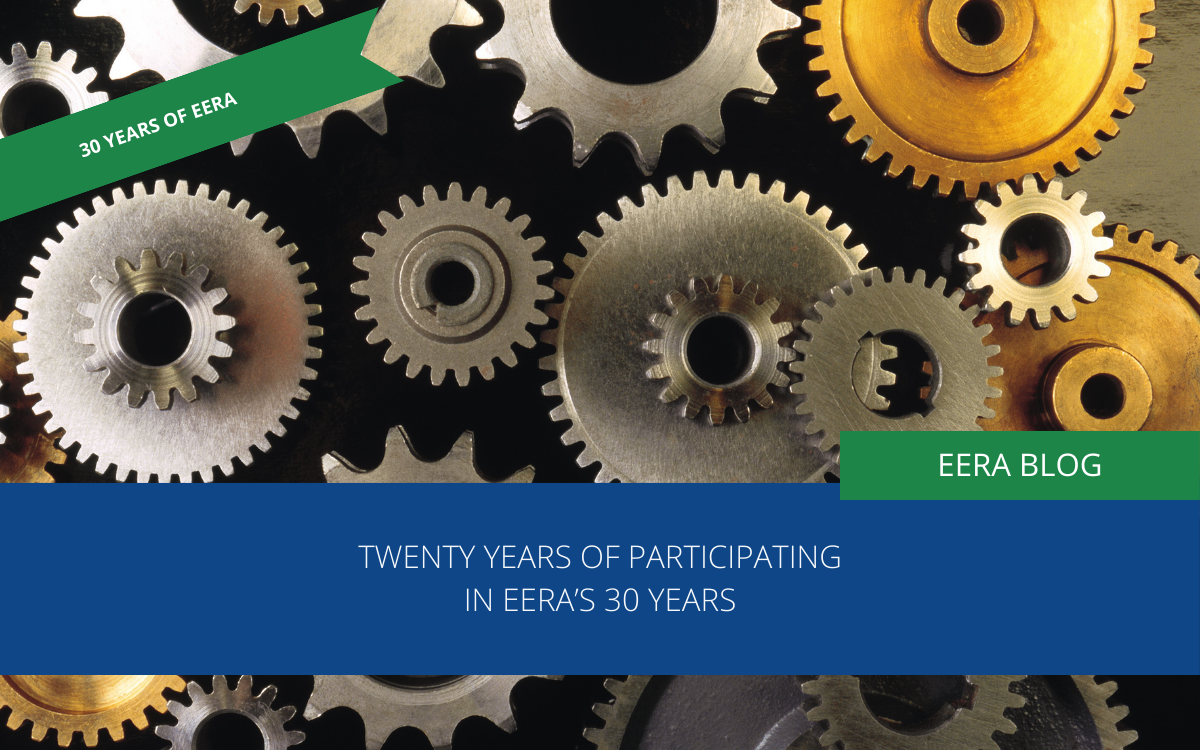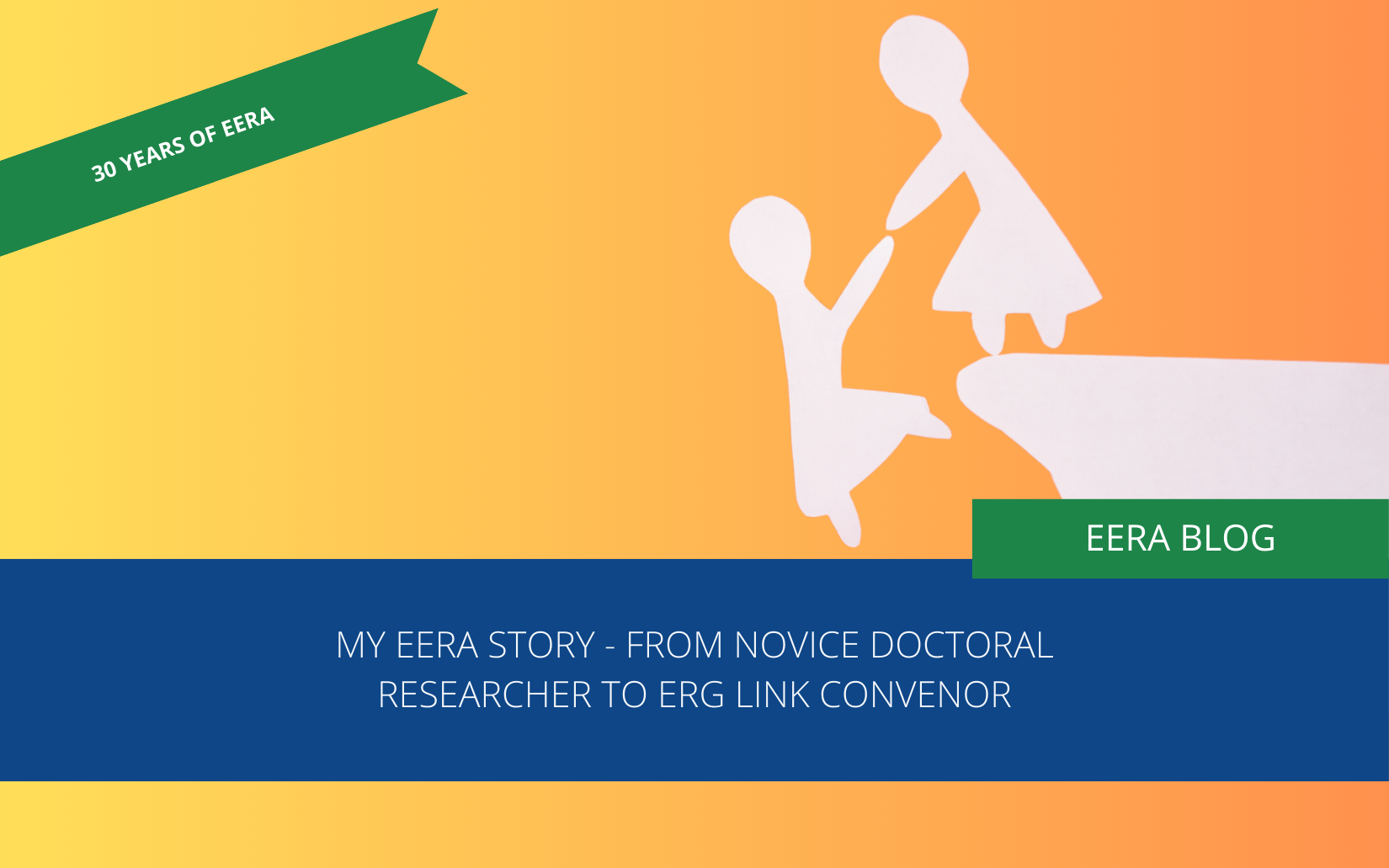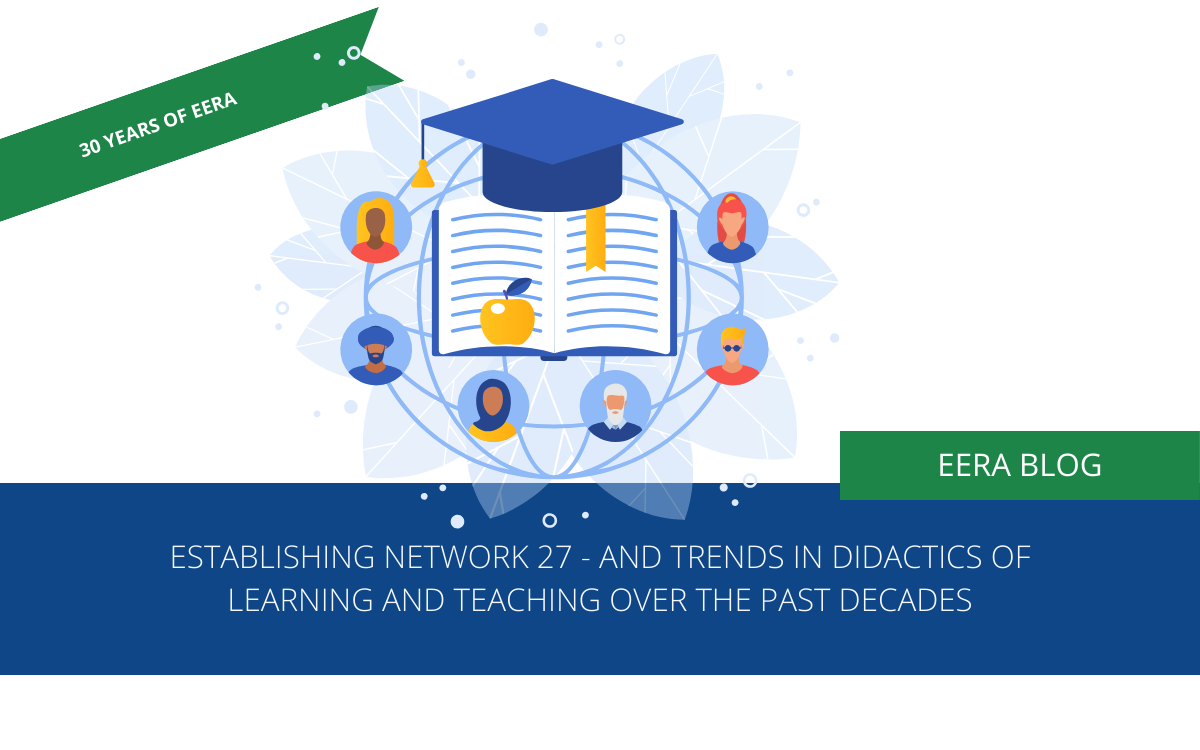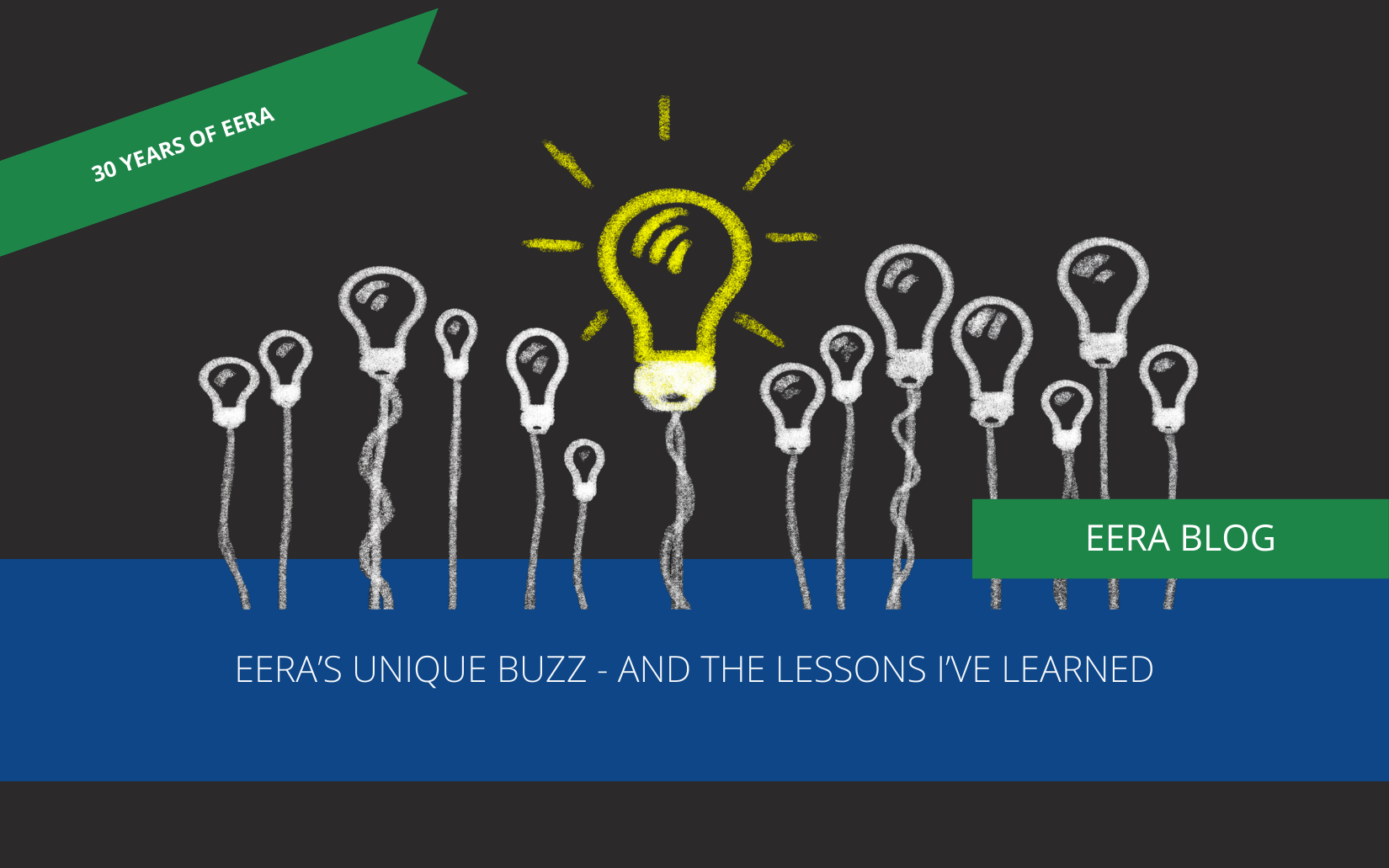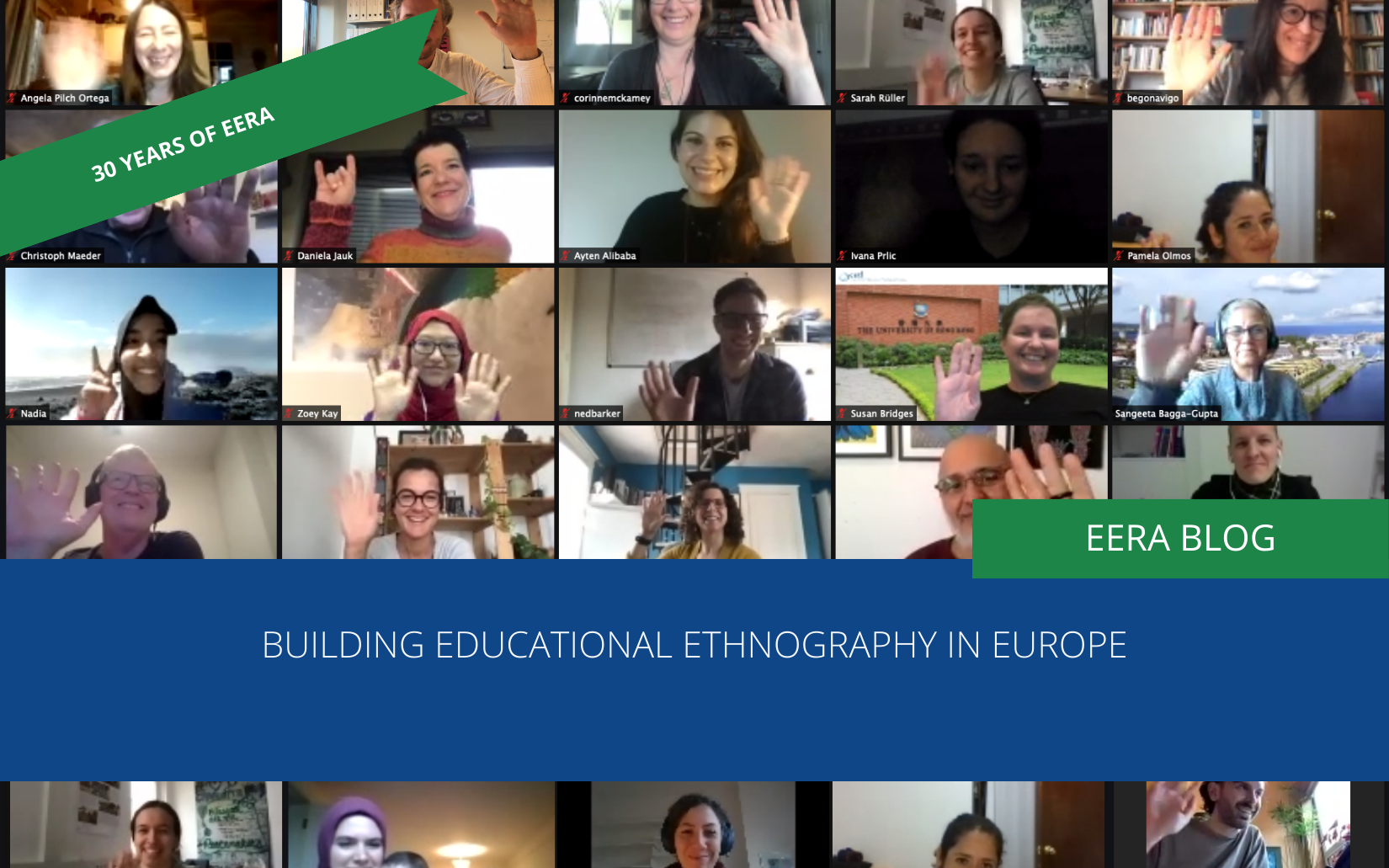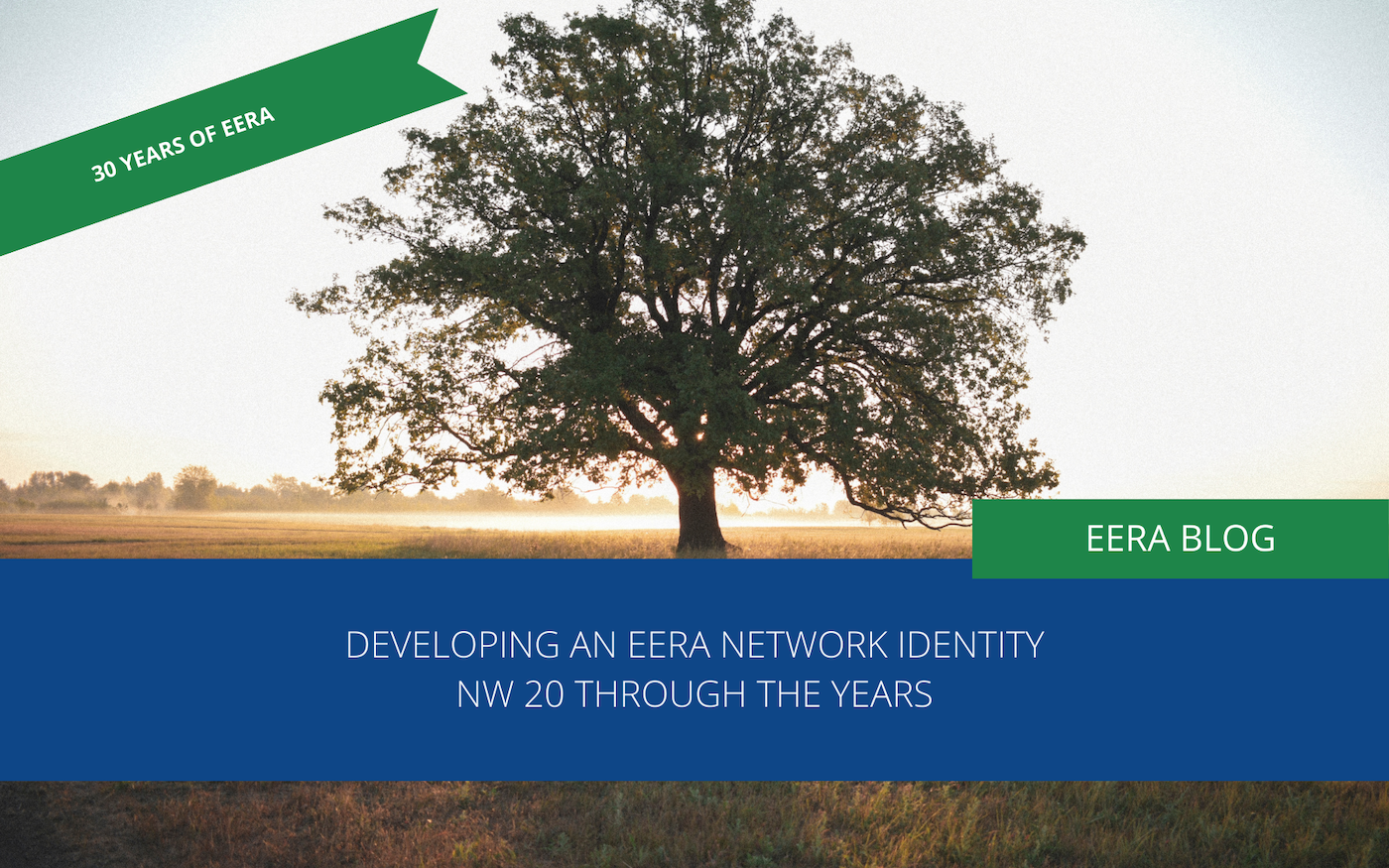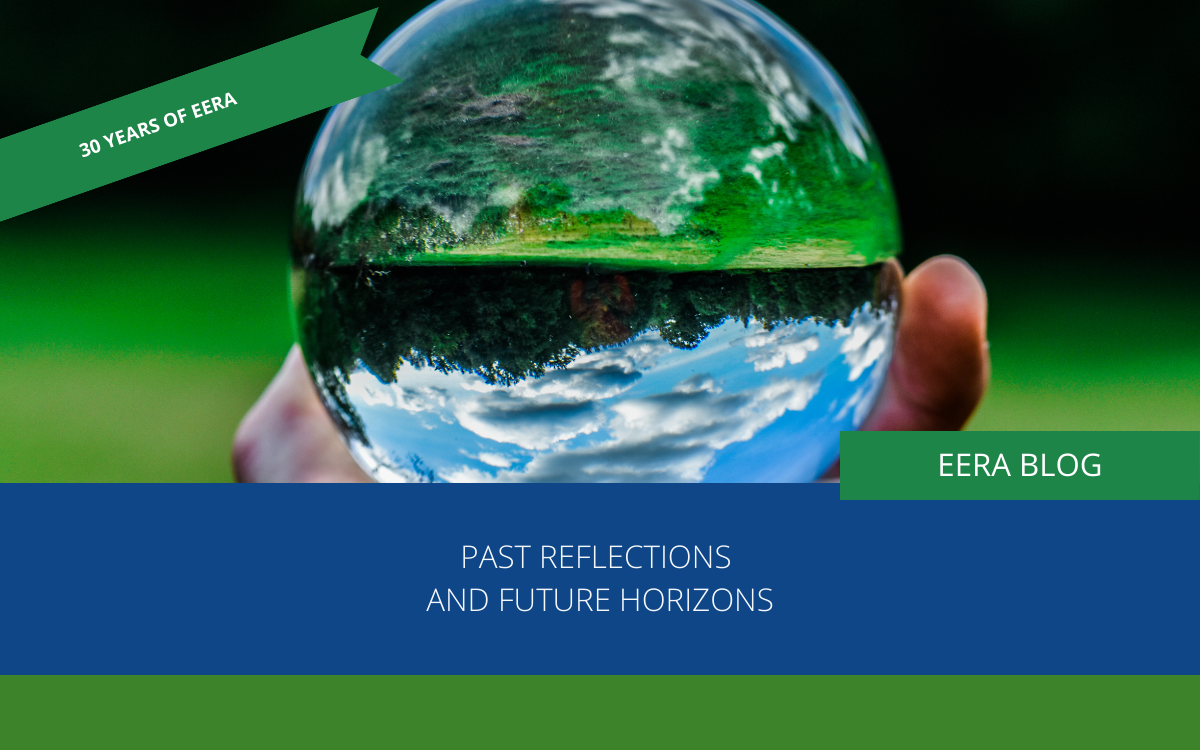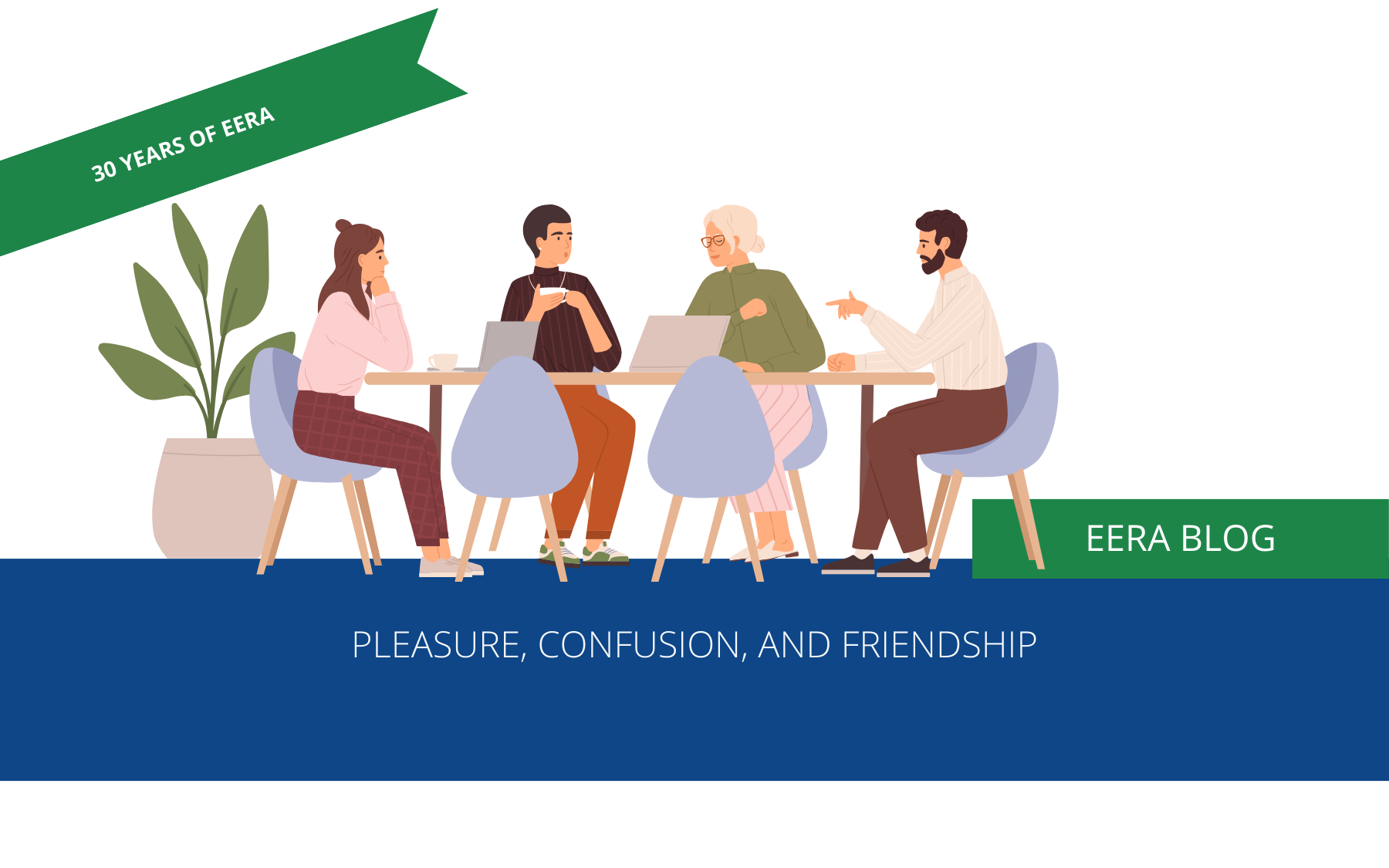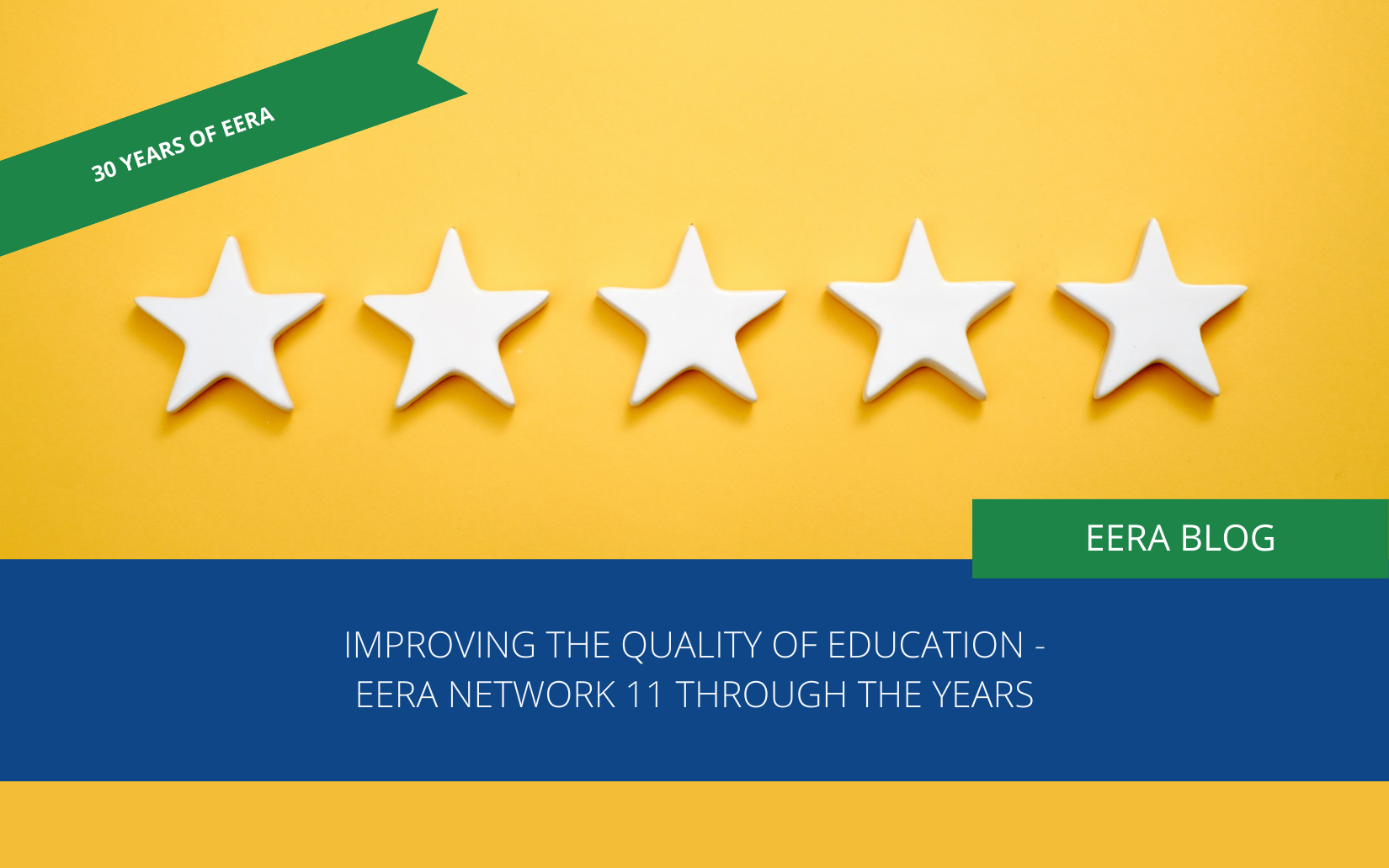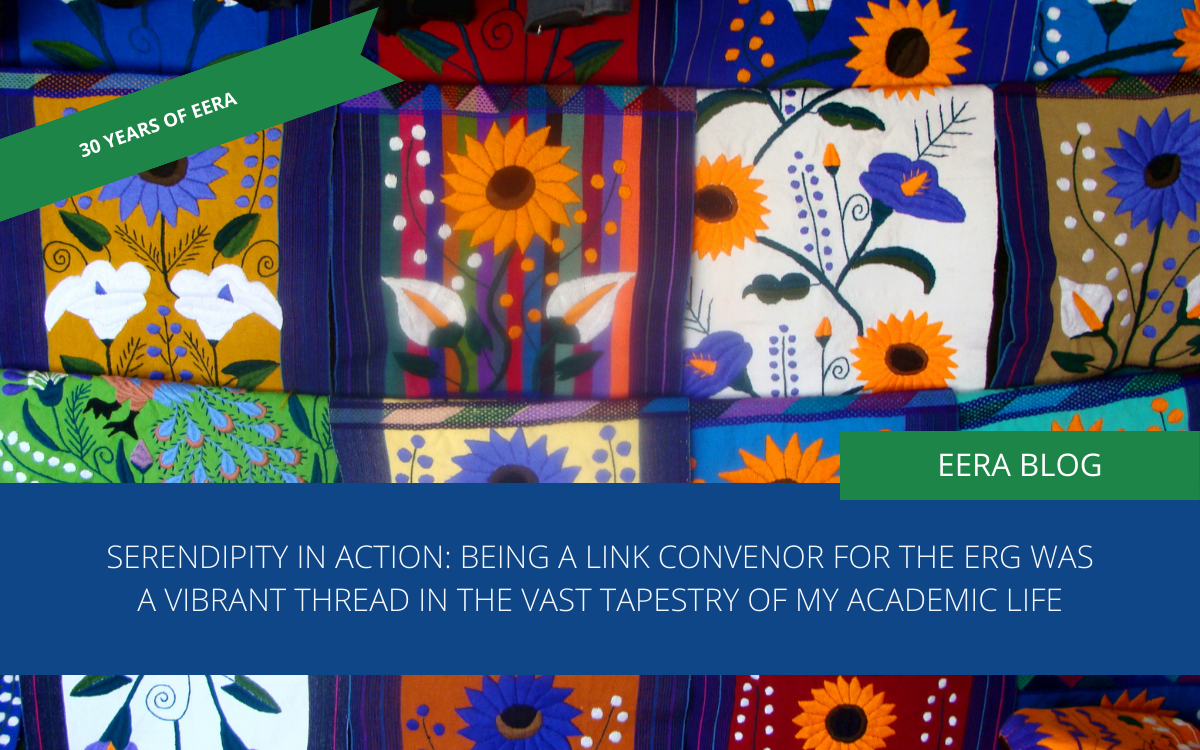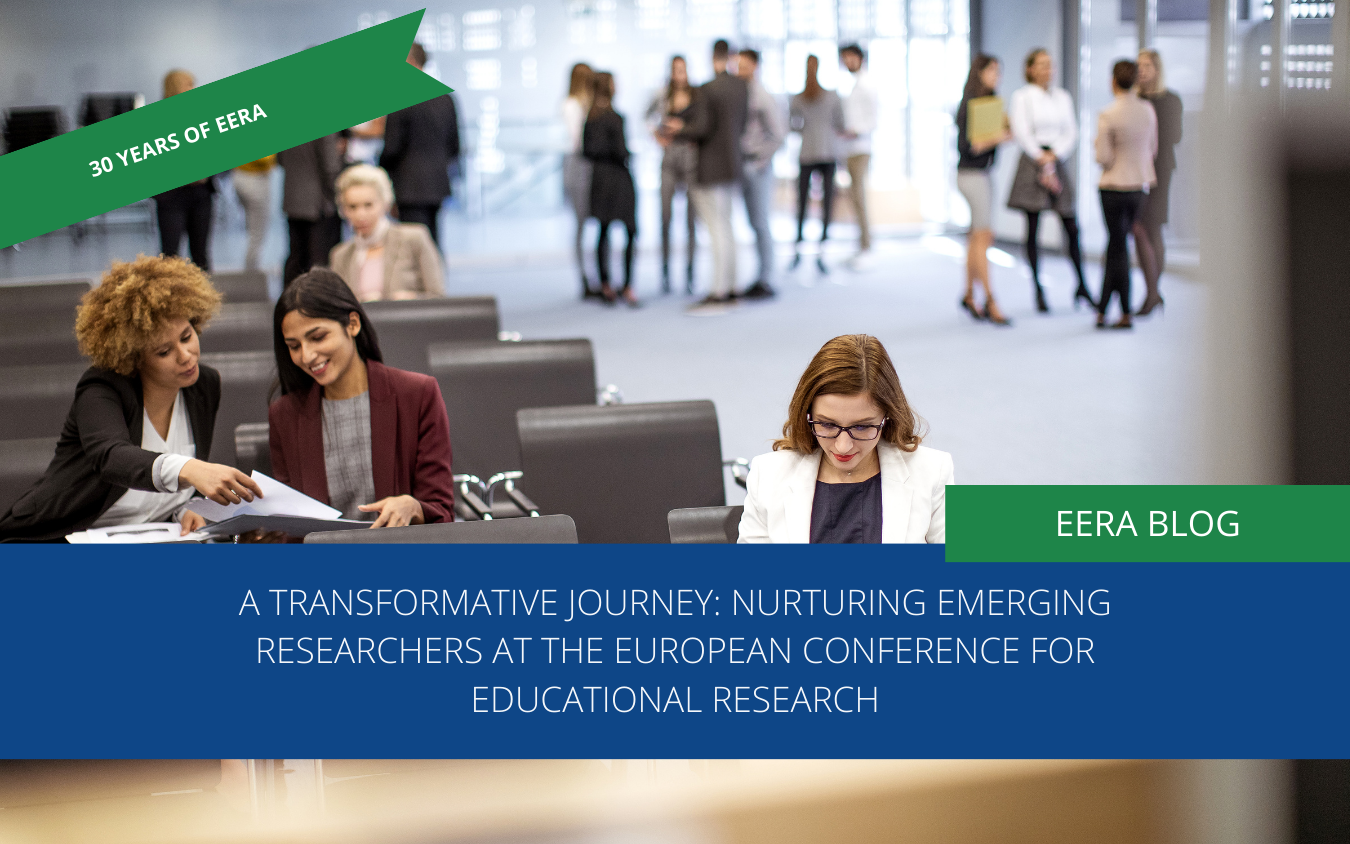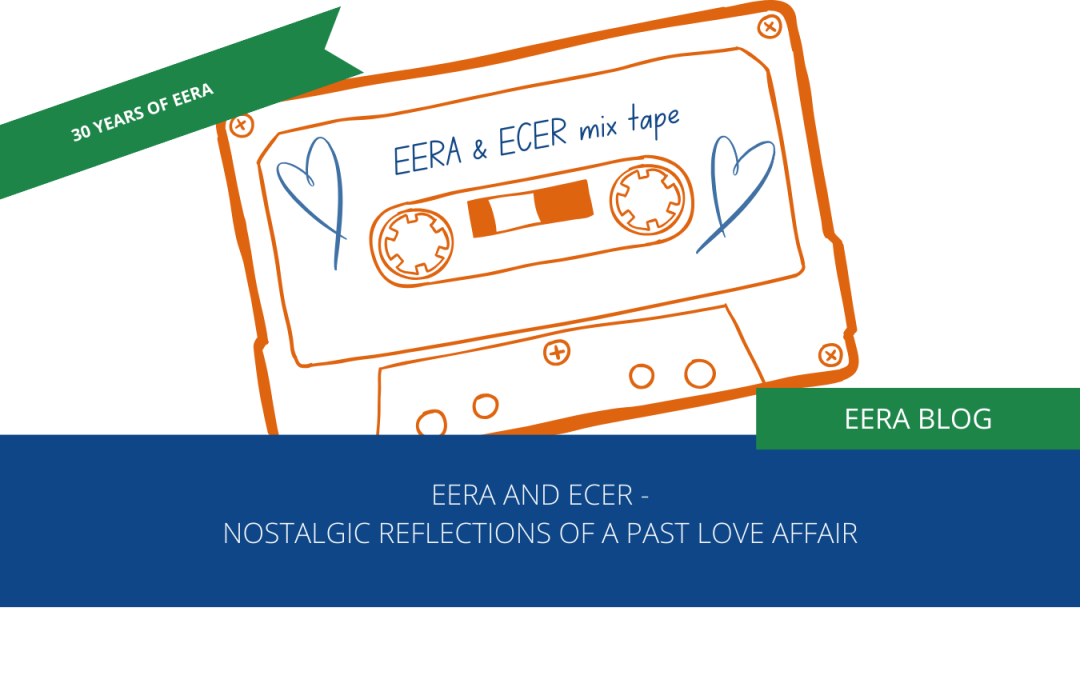
EERA and ECER – nostalgic reflections of a past love affair
EERA is celebrating 30 years in 2024, and as part of our anniversary celebrations, we have invited people who have been at the heart of the association to share their memories and reflections. In a series of blog posts, which will run throughout 2024, we will share those precious memories, from the people who helped foster the global EERA community.
In this blog post, Dr Peter Gray takes a rather light-hearted yet nostalgic look back over the meetings and encounters of EERA and ECER, and wonders whether the spark can be rekindled.
EERA is 30! Like an old flame, there is nostalgia, the desire to tie up loose ends, regret, and exhilaration. I remember EERA, and ECER in particular, as a love affair with conversations and possibilities, ultimately something in the past that was life-changing, but unreal.
Professionally, I owe everything to chance meetings at ECER, and its kaleidoscope of cities, Geneva, Ghent, Helsinki, Gothenburg, Istanbul, Cadiz, Porto, Budapest, and more, the complex architecture of education in bricks and cuisine, locality and world-making. Passionately, I loved the anticipation of arrival, meeting the wonderful EERA office team, everything in order and yet everything in the chaos of ideas and interactions, fluid, a kiss of learning and desire. Desire for what?
Always there was the Manhattan moment of critical mass, the idea that two and a half thousand people, intelligent, bright, outward-looking people, could somehow explode education into what it should be, a blinding light overcoming the desperate human condition of violence and stupidity. Yet, how could we achieve this? Thousands of papers, presentations, and answers, yet no progress. How could this knowledge be captured and made to fly?
We tried, of course. The spark was there, the team was forming, and the technology kept moving forward. But still, we are at the margins of science, amateur researchers with our small, dim-burning candles of evidence against the hadron colliders and their fundamental particles. Not a single useful result, and yet physics gets billions; we get what’s left.
This is the disappointment of lovers, the promise unfulfilled of nirvana, crushed by the realities of work and domesticity. We all went home afterwards and filled in forms, did the washing, went back to the everyday. The same thing happens at festivals, a sudden sense of community ending in a long journey home.
No-one is to blame, because the essence of this communality is that there is no divine leader, no mindless idiot in a suit driving us towards death and degradation. We tried and did our best, but, as in love, there is always a fatal flaw. We have mountains of evidence, but no vision. We have an army, but no ammunition. We have the desire, but reality always drags us back.
ECER was and is, at least for me, about becoming an insider, whilst outside dull reality, about knowing the personalities and the systems, about recognition. And yet there should have been more. Being inside is no good unless there is a relationship with the outside. Educational research, our love, ultimately retreats into the comfort of home, rather than becoming the one true source of light and inspiration.
My great ECER moment in Porto, 2014, was not a three people and a dog presentation in a sleepy seminar room. It was a massive outdoor concert, Stopestra, the answer to musical and political austerity. Eighty musicians playing to five thousand dancing professors, singing our way out of the past. That was our moment, but we missed it. Education continues as a dismal drizzle of PISA results, pointless testing, PhDs with no philosophy.
How can we return to our love, when she has settled down in a nest of flatpack furniture and earnest upbringing? Can we ride out for the last time, giving everything we have to the cause? Like an affair, we began with a future and ended in the past. Why have we not generated something beyond the boundaries of tradition and history? Why are we not changing the world?
I loved EERA and ECER, and I still love them, but when we meet, it is shy, awkward, a quick coffee in Conftool. I wonder about how it could have been, and how it could be still. I am not jealous of her new lovers, who are doing what lovers always do. I am happy to keep the faith, to review and rewind. Thank you for everything, EERA. See you someday!
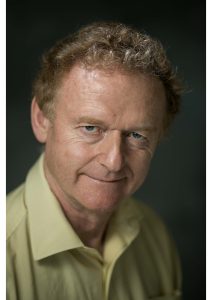
Dr Peter Gray
Dr Peter Gray has a long history of working with European projects, starting in the field of vocational education for industry in 2002 and continuing through a wide range of projects in teacher education, science/STEM education and even in astrophysics. However, he owes his career to EERA/ECER, having met Norwegian colleagues there in 2006 and subsequently becoming projects adviser at NTNU in Trondheim, until retiring in 2022. He was convener of the Teacher Education Research Network at ECER for several years and still does reviews for the network.
He has worked as an evaluator/rapporteur and Vice–Chair for the European Commission in the Horizon programme and is currently on the advisory boards of the London School of Management Education and Golden Links Educational Consultants. Dr Gray was also a visiting professor at Nord University (May 2023-April 2024). Amongst other publications, he was co-editor, with Per Ramberg, of “Servants of the School: Building Teacher Education in Mid-Norway, 1998-2018”, published in 2019.

